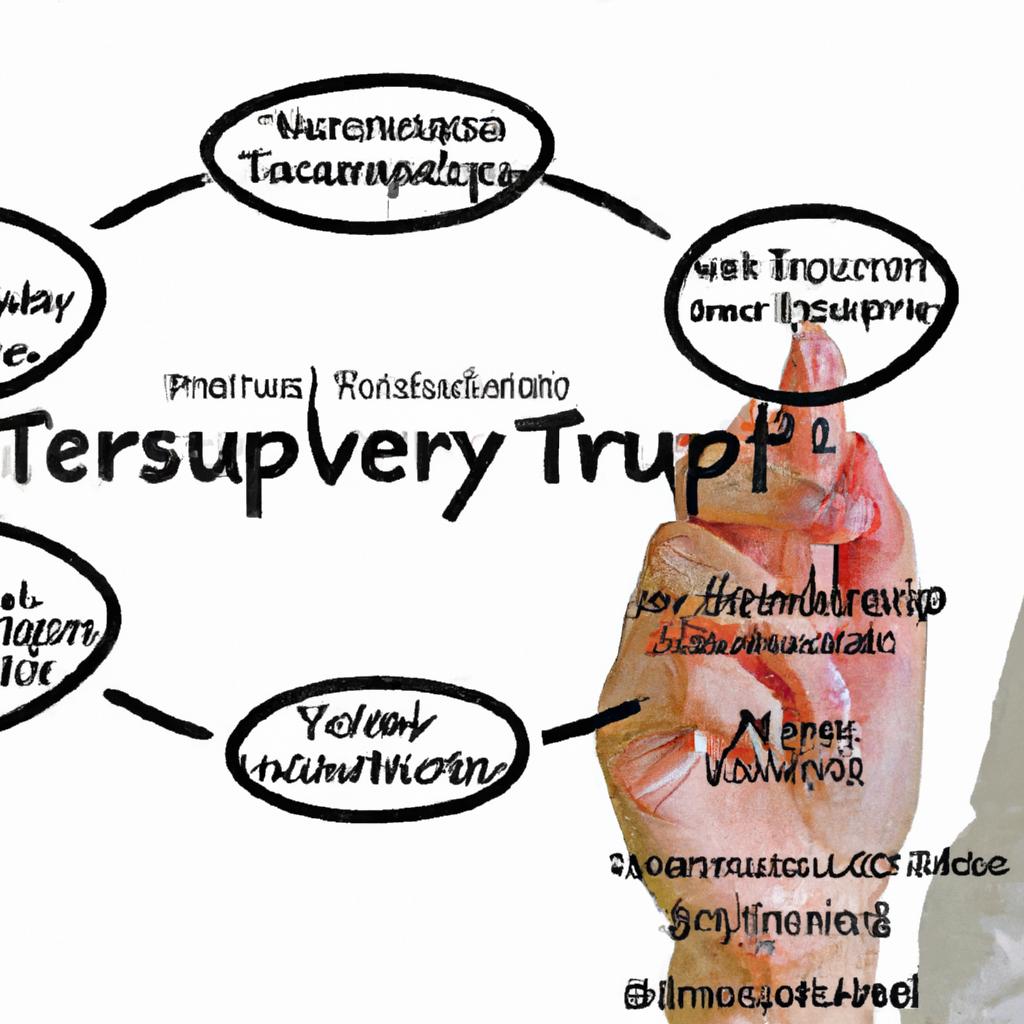
In the vast digital marketplace where choices abound and brands vie for our attention, the humble shopping cart has evolved into a powerful symbol of consumer expression. Yet, as we glide through colorful product pages and click our way to checkout, how often do we pause to ponder the origins of the items we select? Behind each click lies not just a transaction, but a tapestry woven from threads of culture, sustainability, and ethical practice. “Unlocking the Secrets of Your Shopping Cart: The Importance of Product Origins” invites you to embark on a journey of discovery, exploring the hidden narratives that inform the products we purchase. From the farmers who cultivate our food to the artisans crafting our clothing, understanding where our goods come from not only enhances our shopping experience but also empowers us to make informed choices that resonate with our values. Join us as we delve into the significance of product origins and reveal how this knowledge can transform our relationship with commerce and the world around us.
Exploring the Impact of Ethical Sourcing on Consumer Choices
As consumers become increasingly aware of their purchasing power, the importance of ethical sourcing has gained momentum. Brands that prioritize responsible practices often cultivate a loyal customer base, as people are more inclined to support businesses that align with their values. Ethical sourcing involves ensuring that products are made with consideration for environmental sustainability, fair labor practices, and social responsibility. Customers are increasingly drawn to these brands, looking to make a positive impact with their shopping choices. The factors influencing this shift include:
- Transparency: Shoppers prefer brands that openly share their sourcing practices.
- Quality: Ethically sourced products often promise higher standards, appealing to quality-conscious buyers.
- Community impact: Consumers value brands that contribute to the welfare of communities involved in production.
The influence of ethical sourcing on shopper decisions can be illustrated through a straightforward comparison of consumer preferences. In fact, some studies show that between Millennials and Generation Z, a growing percentage prioritize sustainability in their purchases. Analyzing consumer attitudes can shed light on this trend:
| Consumer Group | Prioritize Ethical Sourcing (%) | Willingness to Pay More (%) |
|---|---|---|
| Millennials | 65% | 70% |
| Generation Z | 75% | 80% |
| Baby Boomers | 45% | 50% |
This data underscores the growing responsibility felt by younger generations, who often see their purchases as a reflection of their values. With this shift in consciousness, consumers are not just buying products; they are choosing to stand on the right side of social and environmental issues, leading to a lasting change in the market landscape.

Enhancing Your Purchase Experience through Transparency and Trust
In today’s shopping landscape, a sense of **transparency** is paramount for consumers seeking to build a rapport with brands. Understanding the origins of products fosters a deeper connection, as it unveils the journey each item takes before it reaches your hands. With access to information such as sourcing locations, manufacturing processes, and ethical practices, customers can make more informed decisions, aligning their purchases with their values. When brands openly share these insights, they not only cultivate trust but also empower shoppers to support businesses that resonate with their principles.
Moreover, transparency enhances the overall **purchase experience** by mitigating uncertainties and expectations. Shoppers can appreciate the story behind a product, whether it comes from a family-owned farm or a sustainable factory. To illustrate this concept, consider the following table that outlines the benefits of transparency in shopping:
| Benefit | Description |
|---|---|
| Enhanced Trust | Customers feel more connected to brands when they know the product’s story. |
| Informed Choices | Access to product origins allows customers to make decisions that reflect their values. |
| Reduced Anxiety | Understanding sourcing and manufacturing practices decreases buyer’s remorse. |
By embracing transparency, businesses not only elevate their credibility but also pave the way for a more conscientious consumer culture. When shoppers are equipped with knowledge, the shopping cart transforms into a vessel of intention—where each item represents informed choices, illustrating a commitment to sustainable and ethical consumption.
Future Outlook
In the intricate dance of modern commerce, the journey from production to purchase often remains shrouded in mystery. As we’ve explored the importance of product origins, it becomes clear that understanding the roots of what we buy can enhance our shopping experience, empower our choices, and foster a deeper connection to the global market. Whether you’re seeking sustainability, supporting local artisans, or simply aiming for more informed decisions, knowing where your items come from adds a layer of significance to your shopping cart. So, the next time you fill your cart—physically or digitally—remember that each product has a story waiting to be discovered. By unlocking these secrets, you not only enrich your consumer experience but also contribute to a more mindful and informed marketplace. Happy shopping!
















